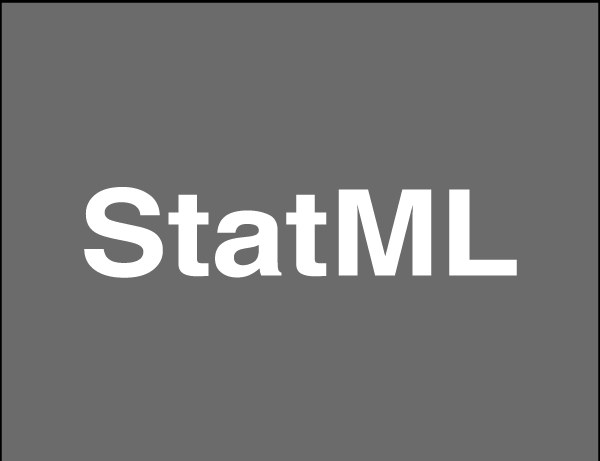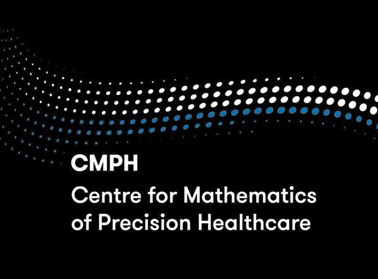The SaSSy Initiative: research in safe secure
A new research initiative bringing together world-renowned Imperial academics working on the safety and security of our modern software systems.
The SaSsy Initiative is a new Imperial-X research institute, bringing together world-renowned Imperial academics working on the safety and security of our modern software systems, underpinned by rigorous design, specification, testing and verification.
Traditional methods for ensuring the correctness and reliability of our software systems, such as informal prose specification and ad-hoc validation, are no longer adequate for our modern software systems. The SaSSy academics work on novel techniques and tools that can provide trust in our systems, in the deep technical sense of principled design, mathematical specification, systematic testing and formal verification, which are vital not only to making our systems safe and secure, but also to give stability to our international software infrastructure. Our research has come of age: our mathematical techniques are tractable; our tools are well-engineered; and our work is used in applications ranging from autonomous vehicles and multi-agent systems, to software development, standards and infrastructure, to embedded systems and low-energy hardware. The purpose of the SaSSy Initiative is to bring rigorous, scientific methods to the design and analysis of our modern software systems, to set new standards of rigour and propose new ways to validate emerging AI-driven systems which are not catered for by current approaches.
The SaSSy Initiative is loosely grouped under the research themes Safe AI, Trustworthy Software, Architectural Foundations, and Security.
This initiative is led by Professor Phillipa Gardner.
You can read more here
...
A new research initiative bringing together world-renowned Imperial academics working on the safety and security of our modern software systems.
The SaSsy Initiative is a new Imperial-X research institute, bringing together world-renowned Imperial academics working on the safety and security of our modern software systems, underpinned by rigorous design, specification, testing and verification.
Traditional methods for ensuring the correctness and reliability of our software systems, such as informal prose specification and ad-hoc validation, are no longer adequate for our modern software systems. The SaSSy academics work on novel techniques and tools that can provide trust in our systems, in the deep technical sense of principled design, mathematical specification, systematic testing and formal verification, which are vital not only to making our systems safe and secure, but also to give stability to our international software infrastructure. Our research has come of age: our mathematical techniques are tractable; our tools are well-engineered; and our work is used in applications ranging from autonomous vehicles and multi-agent systems, to software development, standards and infrastructure, to embedded systems and low-energy hardware. The purpose of the SaSSy Initiative is to bring rigorous, scientific methods to the design and analysis of our modern software systems, to set new standards of rigour and propose new ways to validate emerging AI-driven systems which are not catered for by current approaches.
The SaSSy Initiative is loosely grouped under the research themes Safe AI, Trustworthy Software, Architectural Foundations, and Security.
This initiative is led by Professor Phillipa Gardner.
You can read more here
Read More






